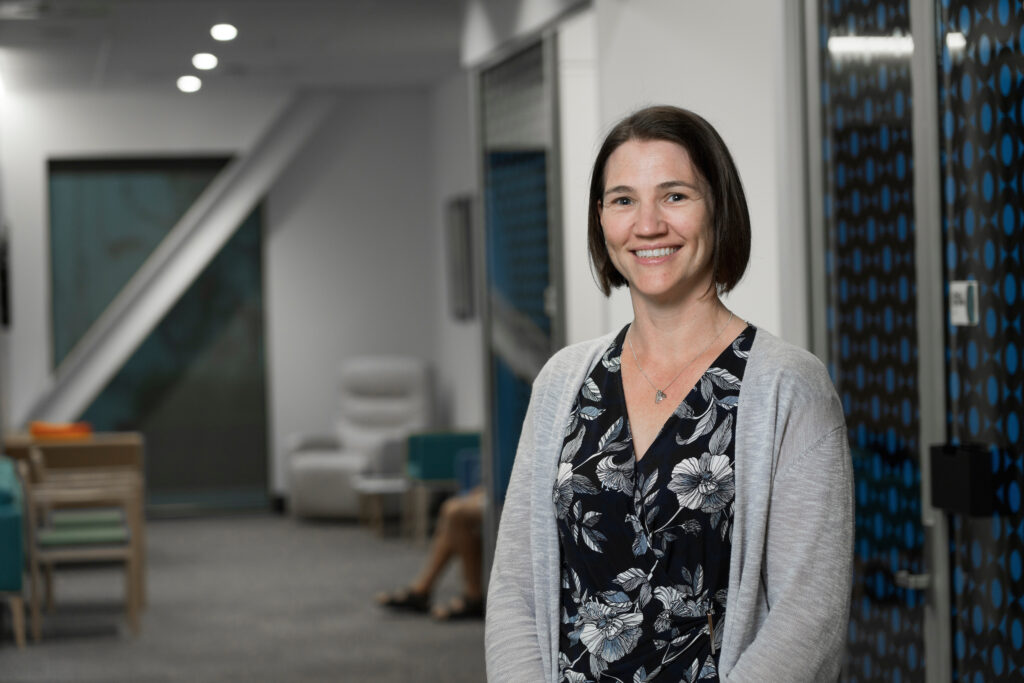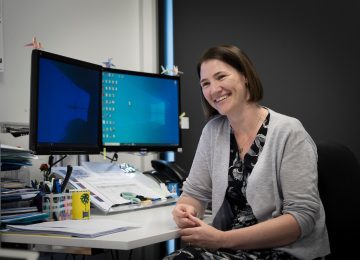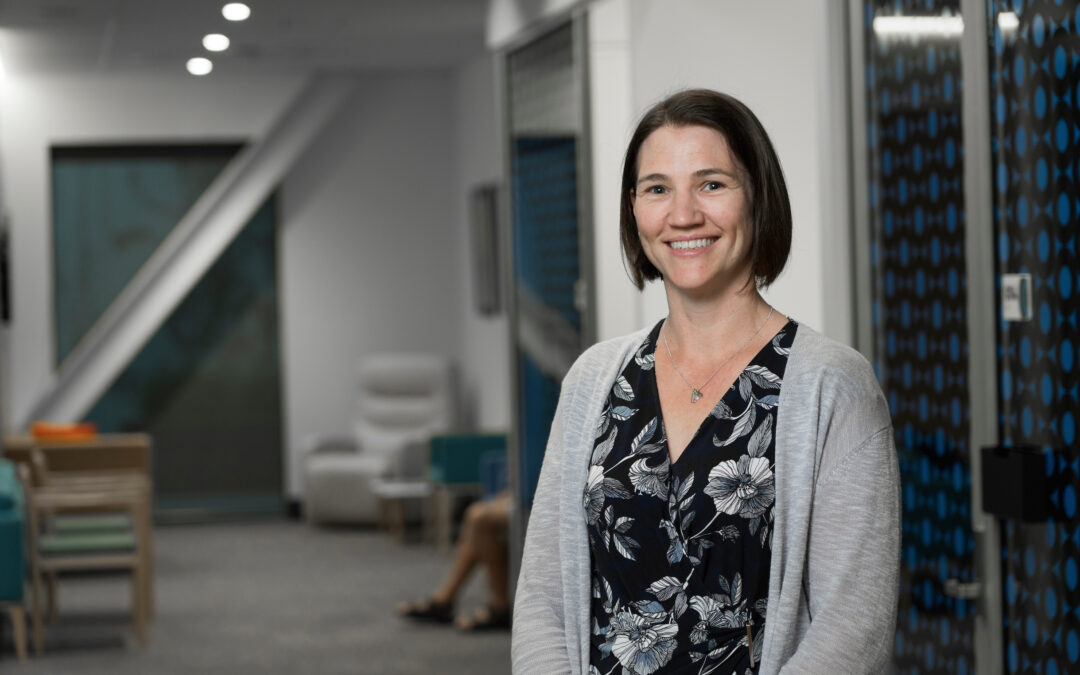SES recognised for clinical trial expertise

Running clinical studies can be demanding. There are a large number of complex processes to undertake, and substantial work is required in administration. However the effort is worth it. Every piece of information collected can be hugely valuable to the study, which can make a big difference in the future of eye care. That’s why we were so proud to win recognition of our recent efforts here.
Helping improve eye care across the globe requires a meticulous and carefully coordinated approach between many specialists.
Southern Eye Specialists was approached to help with a clinical study of treatments for geographic atropy, with Marie Taylor, our clinical manager, overseeing the progression of the study.
“It’s a worldwide study, with two other sites in New Zealand,” says Marie. “However we were the only site here (in NZ) conducting this arm of the study.”

Geographic atropy is a condition that causes a chronic progressive degeneration of the macula, the central part of the retina) and is part of late-stage age-related maculated degeneration.
Before SES could administer the trial the clinic needed to gain specific certification to ensure we had the processes in place – and the expertise to manage these processes correctly.
The study has to go through the Health and Disability Ethics Committee (HDEC) to ensure all patient needs were met. So too did the patients need to meet some very exacting measures.
“Finding the patients was difficult,” says Marie. “There are lot that need help but the criteria is so narrow, we can only help those who meet this criteria with the treatment.”
“It can be frustrating when we believe a patient could qualify but they don’t. But we’re doing so knowing everything is for the greater good.”
The testing period went well however, with study administrators satisfied with the quality and quantity of data received from Southern Eye Specialists.
“After we participated in phase two of the trials we were asked to be part of phase three,” Marie says. “It was pretty satisfying to know that we had made the grade.”
“I had no idea we were getting the awards and, with all the participating clinics from all the countries around the world, it was quite significant,”
Even more satisfying was the recognition SES received in Spain late in 2019. Participating clinics were invited to a conference in Barcelona, where Marie represented SES and undertook the seminars and workshops to extend her expertise further.
Here we also received two awards – one for being the most efficient in gaining our various certifications and one for the most accurate data entry.
“I had no idea we were getting the awards and, with all the participating clinics from all the countries around the world, it was quite significant,” says Marie.
“When we were approached to run clinical trials from here I knew it would be a lot of work. But I love it – the attention to detail, the help we’re providing, the ability to participate in a groundbreaking study that will provide important relief for patients in the future – it’s all great to be part of.”
For Marie the trip itself was somewhat of an unexpected highlight of the work.
“My children were surprised, they didn’t think Mommy’s job was that important,” she says. “But it was important to represent our work here at Southern Eye, to analyse the data in preparation for phase there and to stay at the forefront of eye care internationally.”
